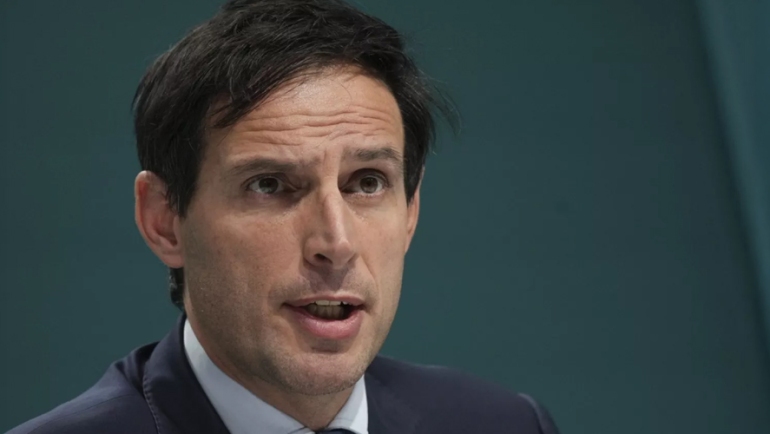Changes to the make-up of the European Parliament may favour a more lenient approach to vaping as a key tool to help smokers quit, an MEP has said.
Current Member of the European Parliament (MEP) Radka Maxová says that newly elected MEPs – following the elections in June – may lead to less restrictive positions on how nicotine alternatives such as vapes are regulated.
However, she says the parliament’s current conservative stance is likely to be reflected in its upcoming proposal of a revised EU tobacco policy framework.
Maxová, from the Czech Republic, who serves within the Progressive Alliance of Socialists and Democratic (S&D) group, told ECigIntelligence: “Of course, the composition of the Parliament can shift the balance of opinion, and so I hope that there will be more advocates of the harm-reduction approach when it comes to tobacco products.”
From June 6 to June 9 2024, citizens of the 27 European Union (EU) countries will take to the polls to elect Members of the European Parliament (MEPs). The European elections happen every five years. This year, the number of seats will rise from 705 to 720.
The European Parliament is the world’s only directly elected transnational assembly. MEPs represent the interests of EU citizens at the European level.
Together with representatives from the governments of EU countries, MEPs shape and decide on new laws that influence all aspects of lives across the European Union – this includes tobacco control and nicotine alternatives such as vapes.
The Czech MEP said the revision process of the EU tobacco control policy will most likely be driven by conservative positions on nicotine alternatives. But, she says, awareness of the important potential of vapes to help save lives from smoking is on the rise among EU officials.
“I still anticipate considerable influence from conservative positions,” she said, “but I think that there is also a growing recognition of the need for a nuanced approach that differentiates between traditional tobacco products and less harmful alternatives.”
Different positions among MEPs and member states
Maxová’s own view that harm reduction policies can be highly effective in saving lives from smoking. However, she says this stance is not necessarily shared by other MEPs in the S&D, the second largest group in the European Parliament after its last renewal in 2019.
“Within the S&D group, opinions on tobacco product regulation do vary,” she said. “I continue promoting an understanding that harm reduction should play a key role in our approach, because it is evidence-based and realistic.”
Besides MEPs’ differing individual positions, those of member states are also complicating the revision process of the Tobacco Product Directive (TPD) and the Tobacco Advertising Directive (TAD).
These key legislations, alongside the Tobacco Excise Directive (TED), determine the EU regulation framework on tobacco control.
The revision of the TPD and TAD has been underway for two years now, suffering several delays and changes in its schedule. These obstacles, Maxová said, may partly be explained by member states’ widely different attitudes to tobacco control policies.
She said: “There is a lack of timely action and clear communication on this. It can be explained by the different views and interests of the member states.”



